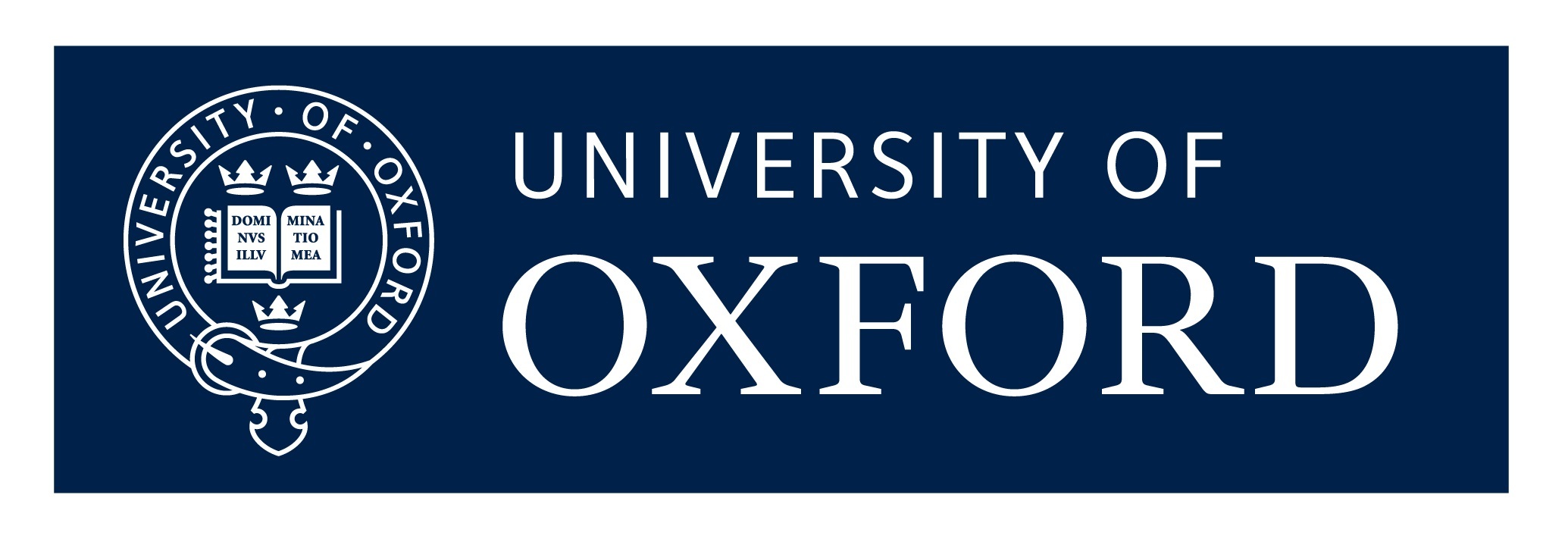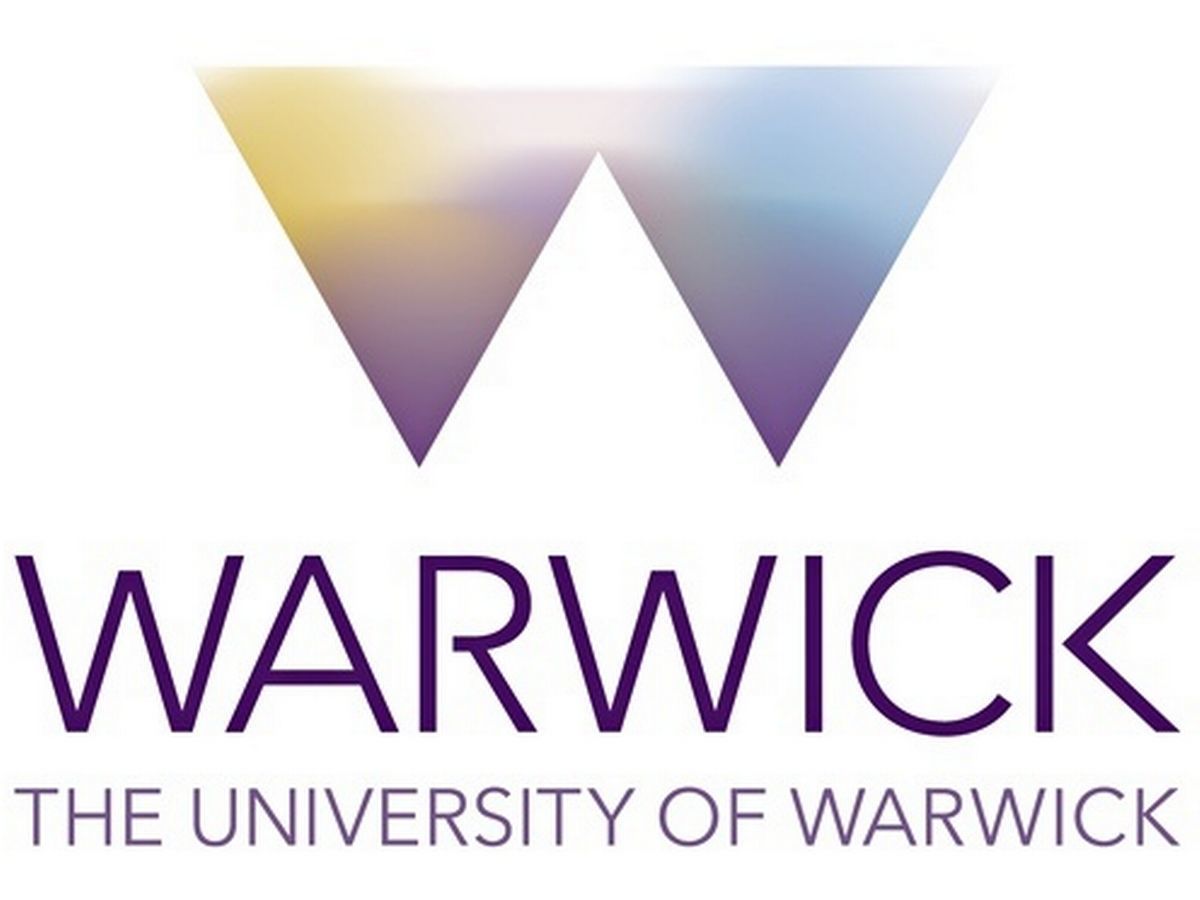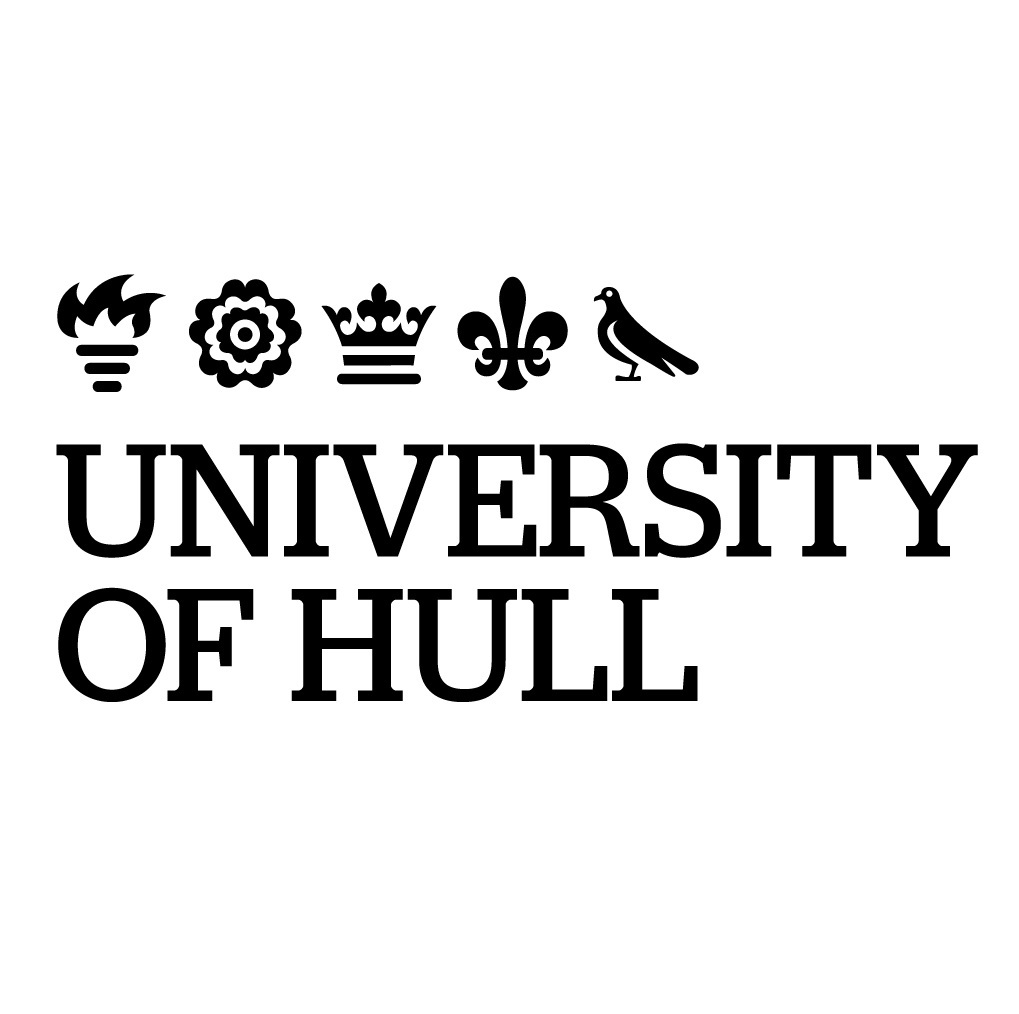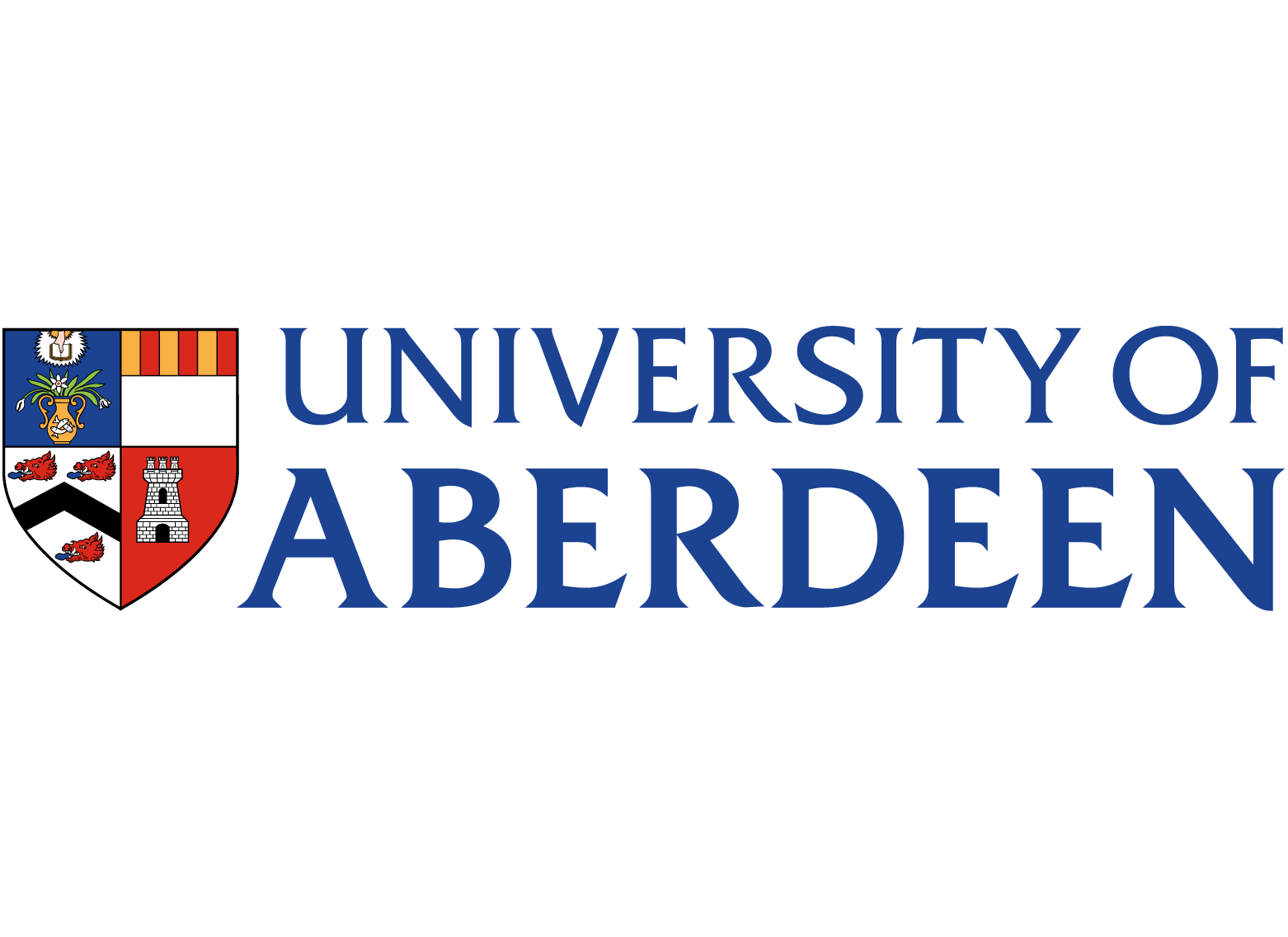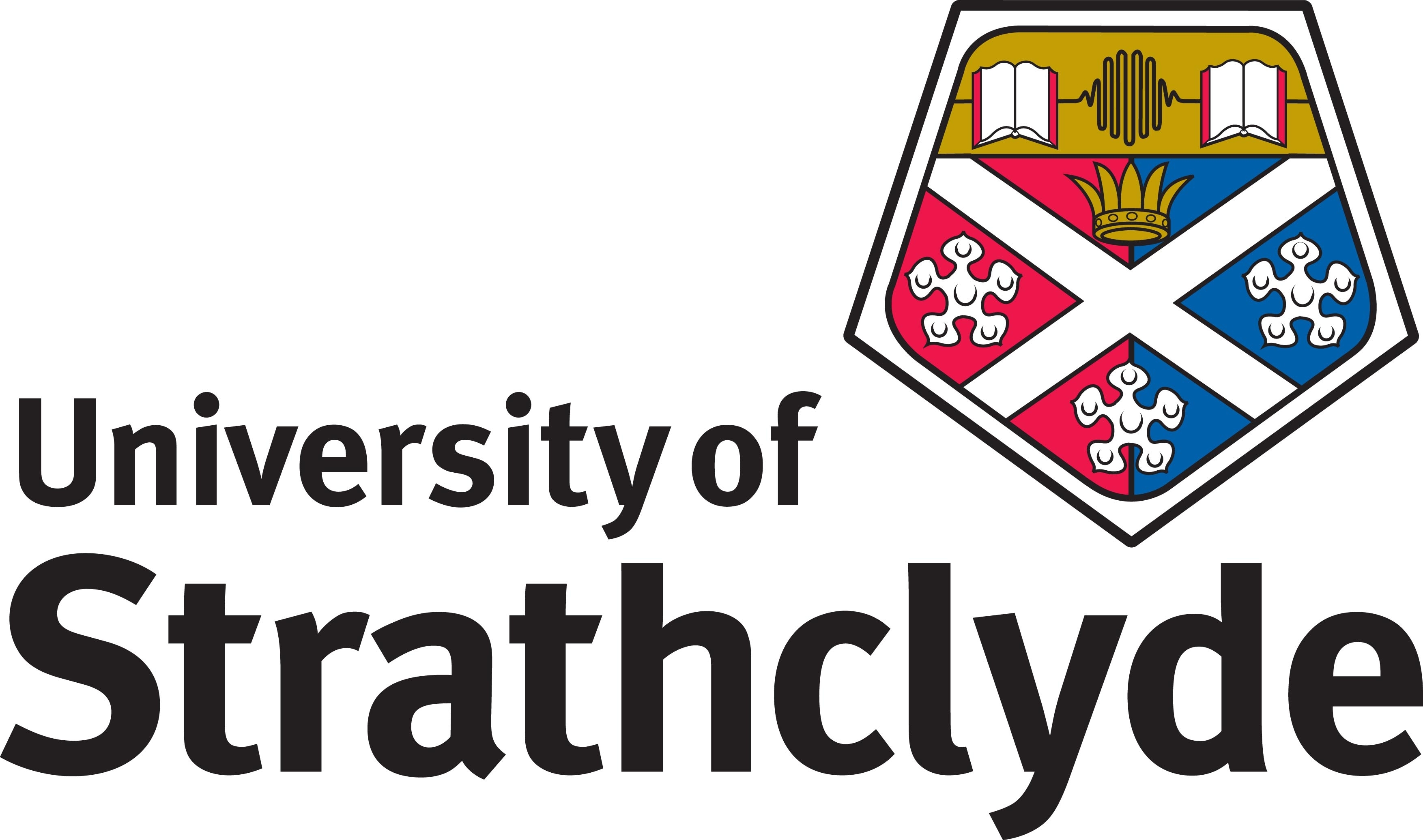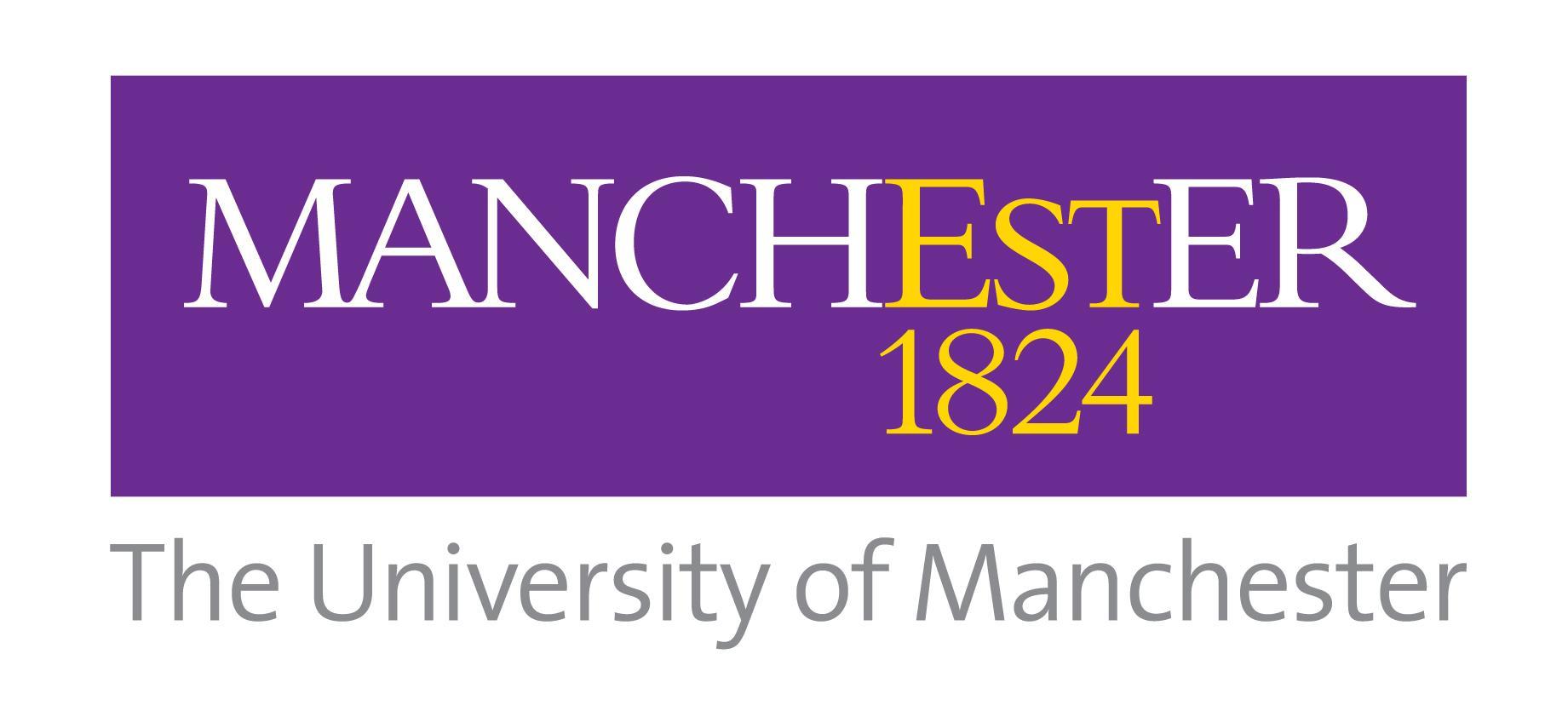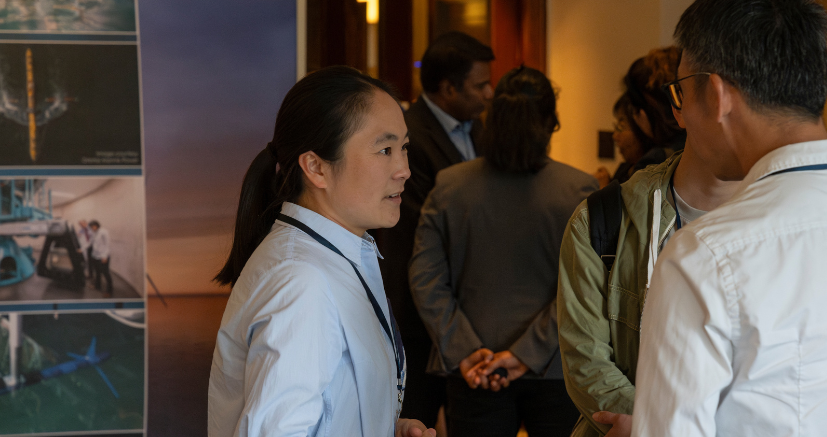
Career benefits of reciprocal mentorship
Reciprocal mentoring encourages diverse perspectives on problem-solving and broadens professional networks by connecting individuals with varied backgrounds and expertise. Additional benefits can include increased sharing of knowledge and skills across distinct hierarchies, increased career motivation, and strengthened interpersonal skills.
Appropriate mentoring has been shown to give significant benefits in terms of career development and progression, in both commercial and higher education settings. In conventional mentoring, a senior colleague mentors a more junior colleague delivering value to both mentee and mentor. However, reciprocal mentoring - where the relationship is two-way - can offer even greater advantages.
The Supergenerations Mentoring Scheme
To help support career development within the offshore renewable energy community, we have developed the Supergenerations Mentoring Scheme. This is a reciprocal and intergenerational mentoring framework, across career levels, which will match senior leaders with Early Career Researchers (ECR) and Early Career Professionals (ECP) colleagues who will, in turn be paired with PhD students and those on industry training schemes.
We are seeking participants in the scheme at all levels and from all backgrounds. The structure of the scheme is briefly outlined below. Mentoring relationships are all different and we will not seek to impose particular aims or activities, but in order to assess the effectiveness of the scheme, we will occasionally ask for feedback from participants.
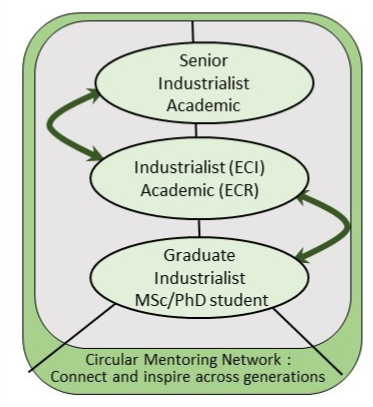
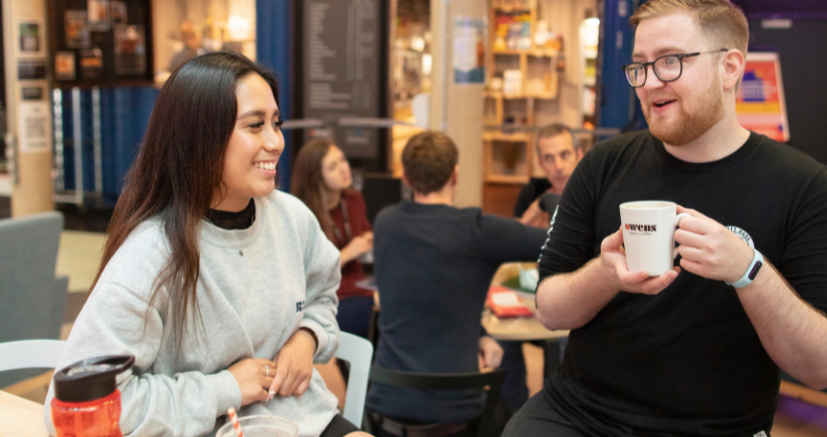
Finding a mentor/mentee
- Register for the Mentoring Scheme.
- Participants provide personal profile and identify what they would like to get out of a mentoring relationship.
- These profiles are shared with scheme participants.
- Based on these profiles:
- Early career researchers/professionals identify senior researchers/professionals they would like to be paired with.
- PhD students/ industry trainees identify early career researchers/professionals they would like to be paired with.
During the mentoring relationship
- Pairs will discuss and agree what they want to get out of the relationship, including how often to meet and how long the mentoring relationship should be.
- It is encouraged that pairs meet at least twice per year so that some momentum is maintained in the relationship.
- It is important that there is mutual respect in these discussions and that the subjects discussed remain confidential.
- A confidential record of the items discussed at the meeting and actions should be completed and shared between the mentoring pair only.
- We will aim to provide periodic face-to-face mentoring training, where pairs of mentors and the wider mentoring network will have the opportunity to meet informally.

Find out more and register
Further information about the mentoring scheme is available to download in a PDF booklet.
